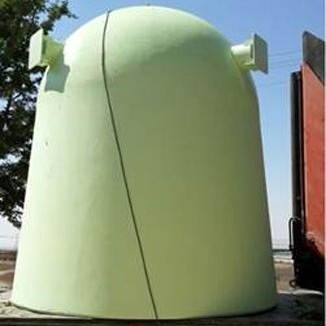
News

Urgent appeal to build bomb shelters
JORDAN MOSHE
There are great safety concerns for residents of Israel’s north, what with the presence of Iranian forces in Syria and far too few bomb shelters to safeguard them.
Following Israel’s reprise attack against Iranian targets in Syria, the leader of Hezbollah, Sayyed Hassan Nasrallah, said that a new phase in the Syrian war had begun.
Nasrallah said the initial attack showed that Syria and its allies are ready to go to “the greatest extent” to defend Syria from Israel. The Israeli military accused the Revolutionary Guards’ al-Quds force of launching the attack, the first time Israel has directly accused Iran of firing towards Israeli territory.
During Israel’s Operation Protective Edge campaign in 2014, the JNF became involved in protecting local residents of the south by erecting portable bomb shelters near residences, public buildings, schools, synagogues and other structures that lacked shelters or had no public shelter nearby.
This time, the JNF is supporting the peripheral communities near the Syrian border by placing portable bomb shelters in many Golan Heights communities and in the town of Katzrin, according to the needs and requests of the regional council heads and municipalities.
Danny Atar, the chairman of World JNF, has committed to providing 100 portable bomb shelters immediately, as well as bomb-proof play areas for nursery schools.
Of these, 55 will be given to the Golan Regional Council and 15 to the Katzrin Local Council. Additionally, three protected war room shelters will be installed in three Golan Regional Council communities. The new shelters will be placed near residences, schools and public centres as well as in sites lacking existing shelters.
Unlike standard shelters, the mobile units are not underground, are built of steel and concrete, and can be reached in a matter of seconds. While there are some existing shelters in the region, the total number will be increased.
Some of these shelters will be placed in agricultural areas at some distance from permanent shelters in order to protect workers in the fields. In addition, the mobile units will serve as a back-up for the pre-existing bomb-shelter infrastructure.
There are different sizes of shelters – smaller ones which can accommodate individuals and ones that can accommodate up to 20 people. The former costs R123 000, while the latter costs R543 000.
The final design of the shelters will take place next month, as well as the call to tender for their manufacture. They will be manufactured and installed thereafter.
- For more information, visit www.jnf.co.za or email bevp@beyachad.co.za




